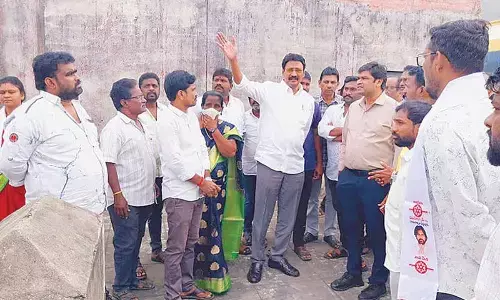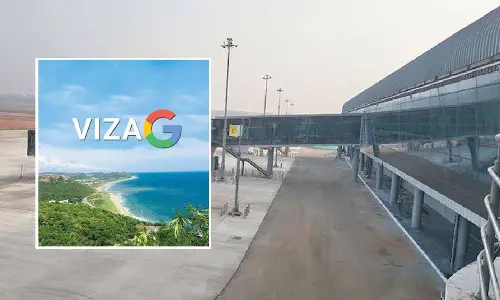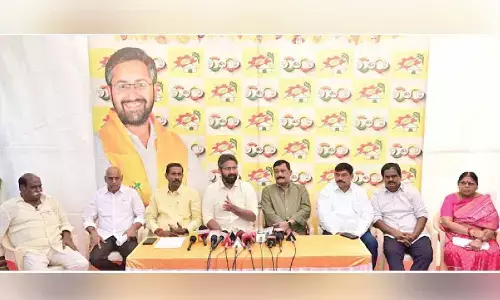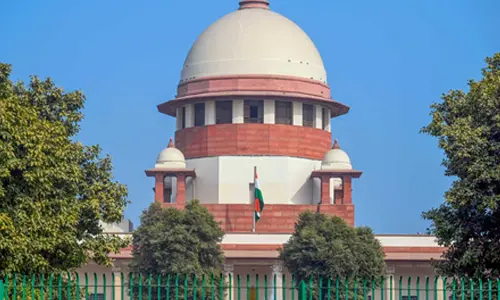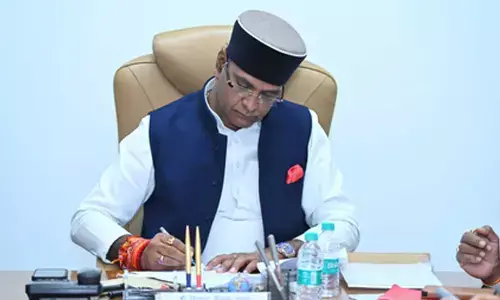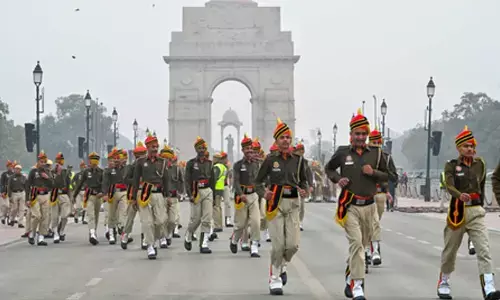Of tricks of trade a veteran diplomat picked up from his peers
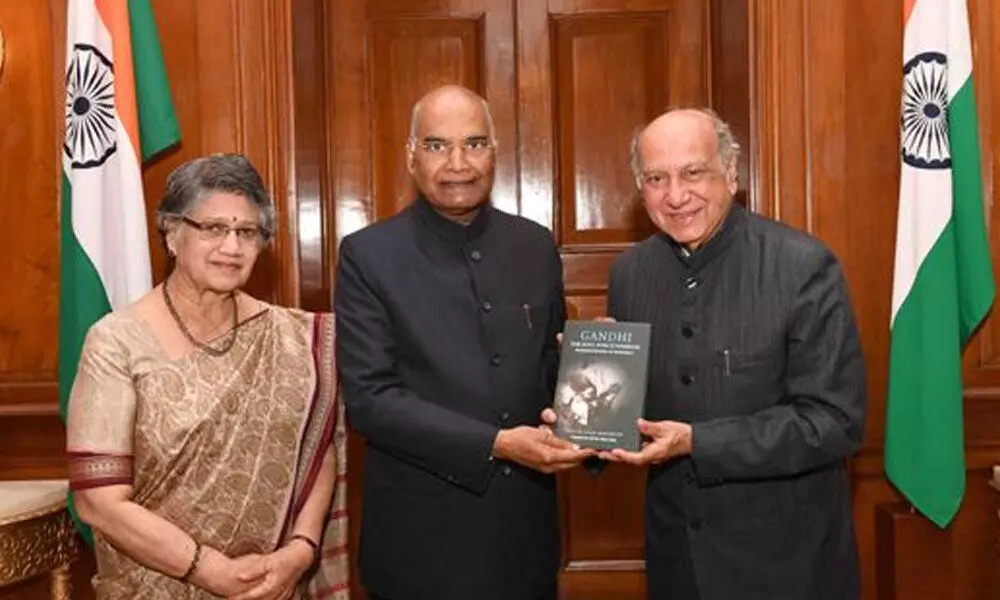
Of tricks of trade a veteran diplomat picked up from his peers
Winston Churchill once defined diplomacy as "the art of telling a man to go to hell in such a way that he asks for directions to it!"
Winston Churchill once defined diplomacy as "the art of telling a man to go to hell in such a way that he asks for directions to it!"
Jawaharlal Nehru explained a diplomat's job rather differently: "I want to assure you that India does not expect to lie on its behalf. Never tell a lie but always remember you have no obligation to reveal the truth. The less said the better; the best is to listen."
Listening to -- and absorbing -- such nuggets as related to him by his peers is exactly what veteran diplomat Pascal Alan Nazareth did during his 35-year journey in the Indian Foreign Service (IFS) as he trod many a difficult path during which he served in a dozen missions abroad -- among them as Ambassador/High Commissioner in five African and four Latin American countries. He also held key positions at the South Block headquarters of the External Affairs Ministry in New Delhi -- and even redefined the concept of cultural diplomacy.
"Challenging, exciting and educative," is how Nazareth summed up his career in an interview to IANS as his autobiography, "A Ringside Seat To History" (Konark) hit the stands to carry forward the insights he gained while in service and in the 25 years since his retirement in promoting Gandhian ideals, promoting peace with Pakistan and lecturing on board cruise liners.
"I would sum up my IFS career in just three words: challenging, exciting and educative. I use the last word because I learnt many vital maxims during my 35 years in it," Nazareth said.
For instance: "Never hitch your wagon to a political star and always be an upright, intrepid and thoroughly professional IFS officer" - High Commissioner to Britain B.K. Nehru. "In a crisis, what is most needed are cool heads and not cold feet" - Foreign Secretary T.N. Kaul. "Diplomats are essentially peace makers for it is when they fail that the Generals are called in" - P.K. Banerjee, Charge de Affairs in Peking during the 1962 Sino-Indian conflict and later India's Permanent Representative in Geneva. "Culture is a potent arm of diplomacy... In the sphere of culture India is the super power," Foreign Secretary M.K. Rasgotra.
All this stood Nazareth in good stead in his many assignments as he relentlessly pursued fraudulent and well-connected shipping magnate Dharma Teja in the US and Costa Rica and ensured his extradition to India, crossed swords with nefarious arms dealers in London, handled the aftermath of military coups and bloody executions of the Heads of State in Ghana and Liberia, witnessed a Japanese politician being assassinated in Tokyo and secured major economic gains for India in West Asia and Latin America.
And, of course, there was his turn-around of the Indian Council for Cultural Relations (ICCR), "taking it from a lethargic, low-wattage cultural body into the strong arms of India's cultural diplomacy" as he put it. Proof of this was the Festivals of India in Britain, the US and the Soviet Union and a raft of other events worldwide that were held during Nazareth's time.
One particularly memorable event was the India-Greek Symposium held at Delphi in 1984, at which Culture Minister Melina Mercouri ("Never on Sunday" - Best Actress Award at Cannes in 1960) went beyond the usual platitudes to describe India and Greece as the "algebra and geometry of world cultures".
Would Nazareth have done anything differently during his career? "I shall always be grateful to the IFS for the maxims (it taught me). As I have done the best I could at every post I have served in, I would not have done anything differently at any of them," he replied. His varied exposure also served to bring out the philosopher in him, as is evident from the concluding paragraph of the book:
"I pray not only for myself but also for my beloved country India, the Mother Civilisation which has produced more sages and holy men, and over the centuries has culturally enriched more of the world than any other country. I feel privileged to have been born on its soil and blessed to have ample opportunities to serve its interests and stand up for millennial values in various parts of the world...I wish to repay to it as best as I can and all it as generally provided me in physical, mental and spiritual sustenance. I pray to its age old maxims Satyamev Jayate (Truth alone triumphs), Ekam Sat Vipra Bahudha Vadanti (The Truth is One, but has many names) and Udaracharitanam tu Vasudhaiva Kutumbakam (For the enlightened, all of humanity is one family) will always be its guiding light and national ethos."
Pressed further during the interview, Nazareth said: "The philosophy that guided me in crafting this paragraph is the Advaita philosophy of Adi Shankara. I first learnt of it from Dr. S. Radhakrishnan's ' Eastern Religions and Western Thought' and subsequently from Gandhi's 'Views on Hindu Dharma' and Volume 1 ('Our Oriental Heritage') of Will Durant's 'The Story of Civilization' in which he lauds Adi Shankara as "the "greatest of Indian philosophers, at once the Aquinas and Kant of India".
"Since my younger brother John's sudden and tragic death at Jaipur in May 2014 and the spiritual transformation I underwent thereafter I am a confirmed "Advaitin' even though I am still a "practising Roman Catholic Christian". In Peru I was described as a "Roman Catholic Hindu!" I now describe myself as a "Roman Catholic Advaitin!!"
There's a message in this not only for those who conduct diplomacy but also for the world at large - and that is Never Miss the Bigger Picture.








